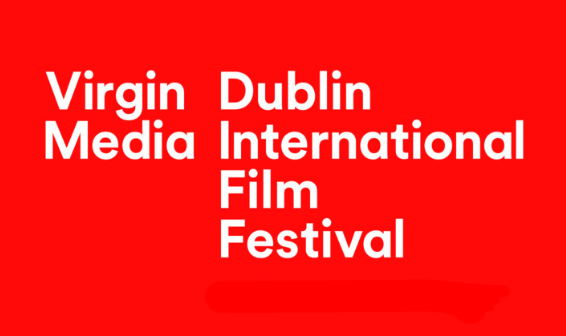The annual Virgin Media Dublin International Film Festival (DIFF) has become a highly anticipated event in the Irish cultural calendar since its debut in 2011. Due to coronavirus restrictions, a shift to an entirely online format was inevitable, leaving many annual festival goers sceptical of their ability to recreate the same experience – but the DIFF team have pulled out all the stops.
This year’s festival programme boasts a variety of award winning short films, documentaries, incredible cinema from both Ireland and abroad and an array of exciting events including a screenwriters panel, a conversation with Colin Farrell and a seminar on black female filmmakers.
The University Times spoke with some directors whose short films will be showcased this year to discuss their work, the adjustment to an online festival circuit and how the pandemic has affected their creative process.
Michael-David McKernan is the director of the aptly named How to Fall in Love in a Pandemic, which will premiere online on March 3rd at 12pm. The film is premised on the acquaintance of two filmmakers via Tinder, who are subsequently forced to move in together due to pandemic restrictions – from which their romance quickly accelerates.
McKernan is a Trinity graduate of drama and theatre studies. After his undergraduate degree, he attended Bow Street Academy and completed a Screen Acting Programme.
“My head was definitely turned to filmmaking while at Bow Street, because the ethos of their training is to equip their students with an appreciation and understanding of all filmmaking departments”, McKernan tells The University Times. He explains how he eased himself into the transition between acting and filmmaking by using “the theatrical device of the ‘oner’” – shooting in a single take.
McKernan goes on to discuss the challenges he faced in adapting to “the new normal” as someone in the creative industry. “I miss nights out with my friends at the theatre,” he tells me. “There are aspects of live art that Zoom just can’t replace.” Despite this, McKernan believes there are benefits to embracing technology and pivoting art to online mediums – “no queue for the bathroom at the interval, for one thing”, he jokes.
McKernan’s film is inspired by the experience of life in a pandemic, which he found beneficial to his creative process, despite the lack of social interaction. “I edited the film over many hours of lockdown, having never edited before”, McKernan explains. He spoke of his enjoyment of learning a new skill and developing an appreciation for the work of editors.
McKernan admits that, while the virtual festival circuit has been undoubtedly strange, he wonders if there “might be a marriage between the physical and virtual film festival” once things return to normal, emphasising how the online format makes it more accessible.
The University Times also spoke with the duo of directors Robert Higgins and Patrick McGivney, who co-founded a production company called Harp Media. The two co-directed and co-wrote “Drifting”, a short film starring the infamous Paul Mescal.
“Drifting” follows the story of two best friends from rural Ireland, who face the strain that emigration places on their friendship. The directors were eager to make a film that explored youth culture in the midlands, as they felt it hasn’t been explored as much as other aspects of teen life.
Higgins and McGivney have known each other since their school days in Longford, and began to collaborate in filmmaking several years ago. “There wasn’t much encouragement for this sort of thing where we grew up”, Higgins explains, but goes on to tell the story of how McGivney and him became interested in screenwriting later in life. McGivney started out as a financial consultant after studying business, but always knew that he wanted his career to lead elsewhere.
Higgins and McGivney explain that they both write and direct their projects, as they can best connect to a story by being directly involved with all aspects of its conception. “‘Drifting’ is about a world we both know really well, and a story we connected to”, Higgins tells me. McGivney explains how they like to direct work that they can “connect to on a very personal level”.
Higgins describes the scripts that he and McGivney work on together as “nearly a conversation between the two of us within the script”. He feels that having another voice in the process leads him to places he might not have considered while writing solo. “It gets a bit lonely, scribbling away on your own!” Higgins jokes.
McGivney holds a fondness for the collaborative aspect of filmmaking, explaining that “it’s not just a solitary art form”, and that he enjoys “the back and forth” between himself and Higgins.
The co-directors were fortunate that they were able to direct “Drifting” several months before the pandemic really took hold in Ireland, and had the post-production side to work on while in isolation. “It was good that we had that creative itch to scratch in isolation”, Higgins tells me. McGivney adds that the excess time due to working from home has meant they’ve had a chance to address projects that they had been “putting on the long finger”. However, they express disappointment at having to stall certain projects that can’t go ahead under current restrictions.
Higgins and McGivney share McKernan’s sentiments of missing the social and networking aspects of the film festival circuit, but similarly believe that the online format comes with the benefit of being more accessible to a wider audience.
Dublin International Film Festival will run from March 3rd to March 14th. Ticket bundles to view the short films online are available to purchase on diff.ie.







